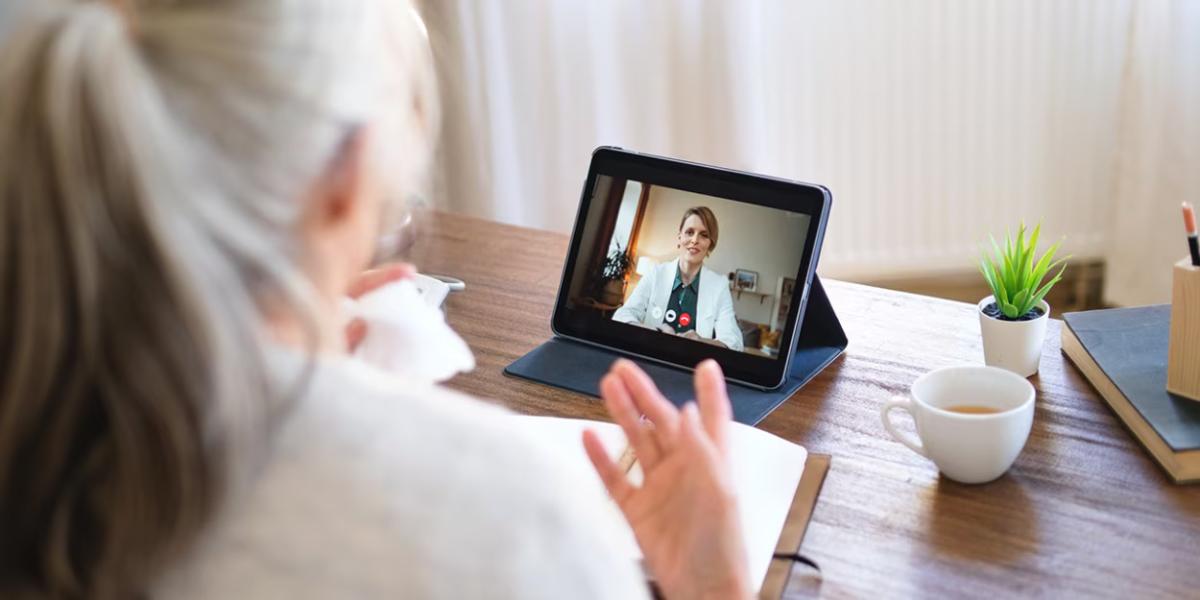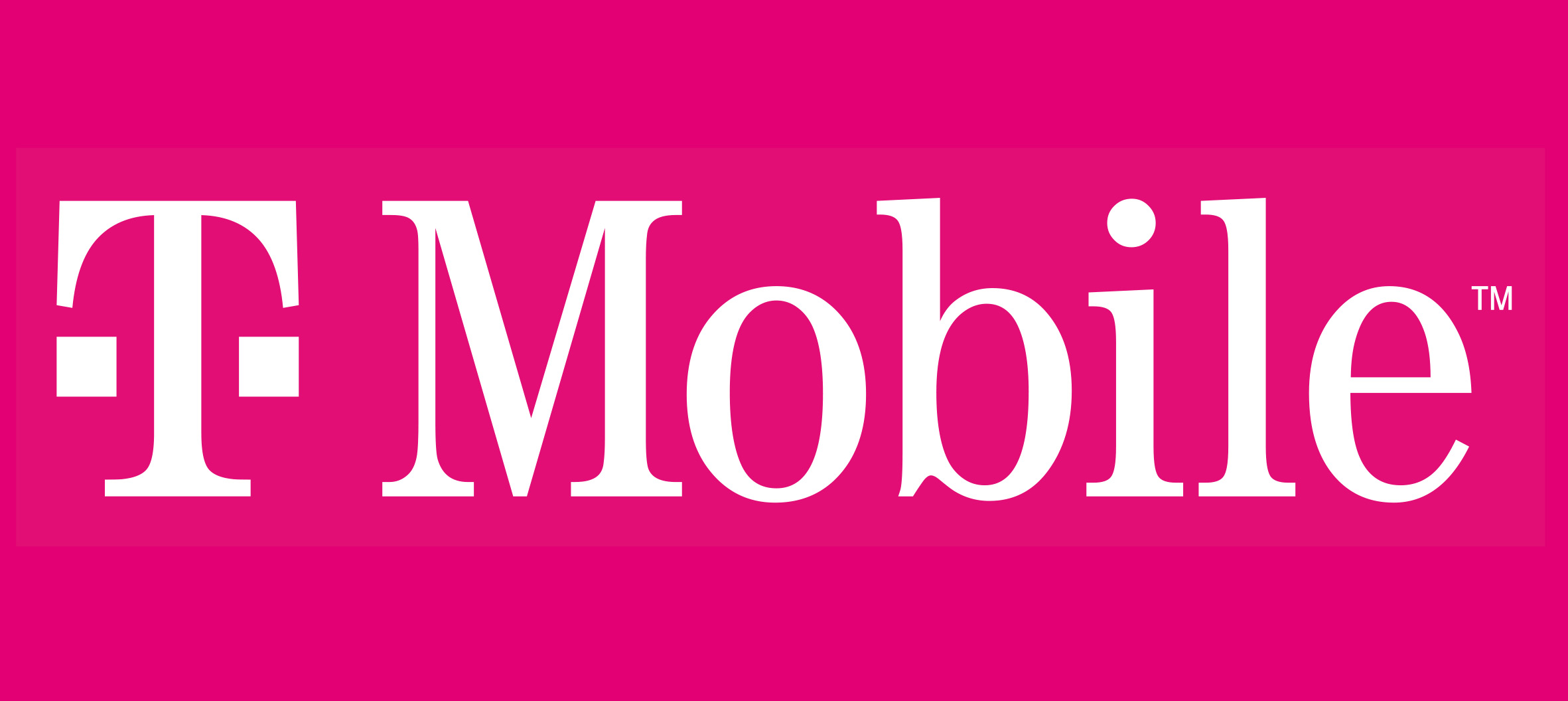Harnessing Technology Can Lead to More Mental Health Care Options, Expert Says
This Mental Health Awareness Month, we speak with a behavioral health expert dedicated to fostering innovative digital tools about ways technology, including T-Mobile’s connectivity, continues to shape how we understand and address mental well-being.

A lot has changed in the world since the onset of the COVID-19 pandemic — perhaps none more than the way mental health is perceived and addressed. As in-person care shifted to primarily telehealth care during the pandemic, mental health became the specialty with the highest rate of consistent telehealth usage.
Even as restrictions lifted, the effects of the pandemic on mental wellness haven’t eased. Roughly 21% of adults, equaling 50 million people in the U.S., said last year they were experiencing at least one mental health concern. Yet, 55% of adults with a mental illness reported not having received any treatment for reasons varying from costs to availability and accessibility.
It’s one of the many reasons T-Mobile employees use and are offered teletherapy platforms like Talkspace through LiveMagenta, a company-sponsored, digital well-being resource. As we take a closer look this Mental Health Awareness Month at how tech is advancing the way we understand needs and treatments, we asked experts at health care company Optum where they see technology improving access and accuracy in this space.
“Digital health tools can be useful across nearly all health care needs, and behavioral health is no exception,” said Doug Smalley, Senior Product Director at Optum Behavioral Health. “Optum is proactively engaging with people to help manage their health and well-being through in-person, virtual and digital clinical platforms. We continue to proactively expand our virtual care options to increase access to timely, affordable behavioral health care and offer greater flexibility for both members and providers.”
Smalley leads a team dedicated to finding ways to continuously improve and evolve consumer experiences in the health and well-being space for the more than 45 million people Optum serves, including T-Mobile employees. We asked him about several key areas of technology in the mental health space — including recent app and telehealth trends, wearable technology, accessibility and artificial intelligence — to see how connectivity continues to be a driver of innovation.
The use of mental health apps continues to climb, with teletherapy still a main driver and preventative care becoming a big focus. How do you see teletherapy evolving to meet patients’ needs?
Telehealth and other digital tools can help people access the behavioral health support that’s right for them. Digital health technologies — from web and app-based symptom checkers to automated self-scheduling and more efficient data exchange — can create a seamless, end-to-end consumer experience, cutting down on consumer frustration and clinician burnout.
Check Out Our “Mobile Diaries” Podcast on Teletherapy.
There’s been a renewed vigor around offering digital wellness solutions for mental health, just like using workout apps for physical health. Do you also see technologies that support stress reduction, resilience training and the early detection of mental health concerns in your work for preventative care purposes?
Not only can mobile apps and virtual programs provide mental health support, teletherapy may even offer some advantages over traditional in-person care. For example, people concerned with mental health care stigma may feel more comfortable opening up from the comfort of their own home. The important thing is making a broad suite of behavioral health offerings available that allow individuals to access support in a variety of ways, including self-help tools, in-person and virtual visits, a family support program and employee well-being solutions.
We have often discussed how wearable technology can be an innovative solution for physical health concerns and preventative care, but do you see the wearable tech trend in your own work, and do you find it beneficial?
Wearable tech, such as fitness trackers that can monitor your physical health, is growing in popularity — about 30% of American adults now use wearable health care devices. These remote tools can help ensure timely and convenient access to care by removing the need to physically travel to an office for health needs. Data from wearables, digital therapeutics and remote-monitoring devices can trigger behavioral nudges to help individuals better manage their health. The data also allows caregivers to respond to changes in treatment needs. Mental and physical health are directly linked — you need to take care of both to support total health and well-being. These tools and apps can be a great way to seamlessly integrate mental health support in a way with which individuals are already comfortable.

